More Evidence Raised to Ban Energy Drinks for Kids
A study published in ScienceDirect’s Public Health journal has shed light on the concerning link between energy drink consumption and mental health issues in children and young people. This includes a range of problems such as depression, ADHD, and suicidal thoughts.
The study is recognized as the most comprehensive of its kind, examining the effects of these highly-caffeinated drinks not only on physical health but also on mental well-being, impacting various aspects of life including academic performance, diet, and sleep patterns.
The Gender Divide in Energy Drink Consumption
The BBC reports that the study further reveals that energy drink consumption is more prevalent among boys than girls. This consumption is linked to increased risky behaviors, including substance abuse and violence.
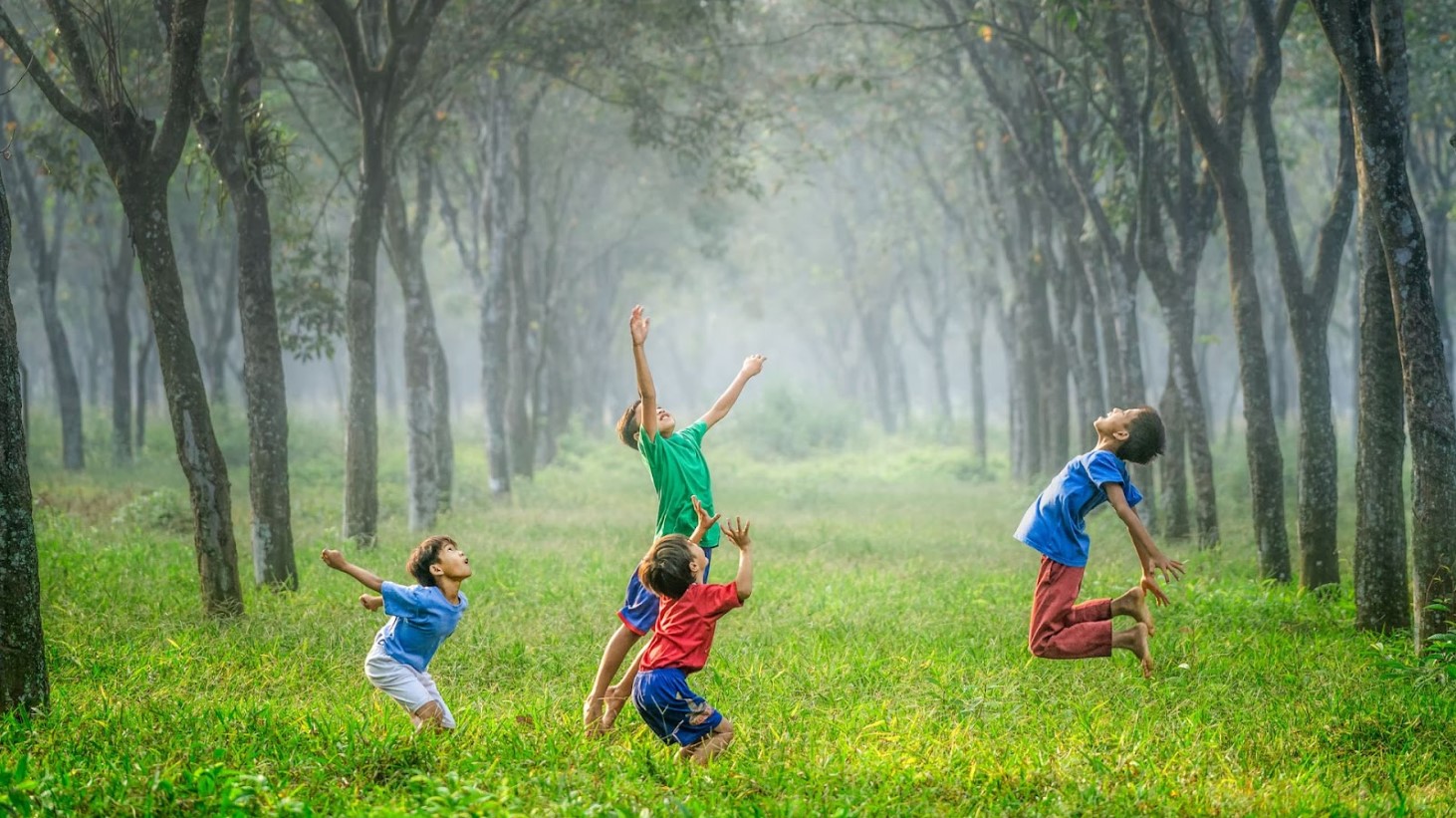
Source: Robert Collins/Unsplash
The data for this study was gathered by researchers from Fuse, the Centre for Translational Research in Public Health at Teesside University and Newcastle University. They analyzed 57 studies involving over 1.2 million children and young people from 16 countries around the world, highlighting a significant global concern.
UK Children Leading Europe in Energy Drink Consumption
According to the study, young people in the UK are the largest consumers of energy drinks in Europe for their age group.
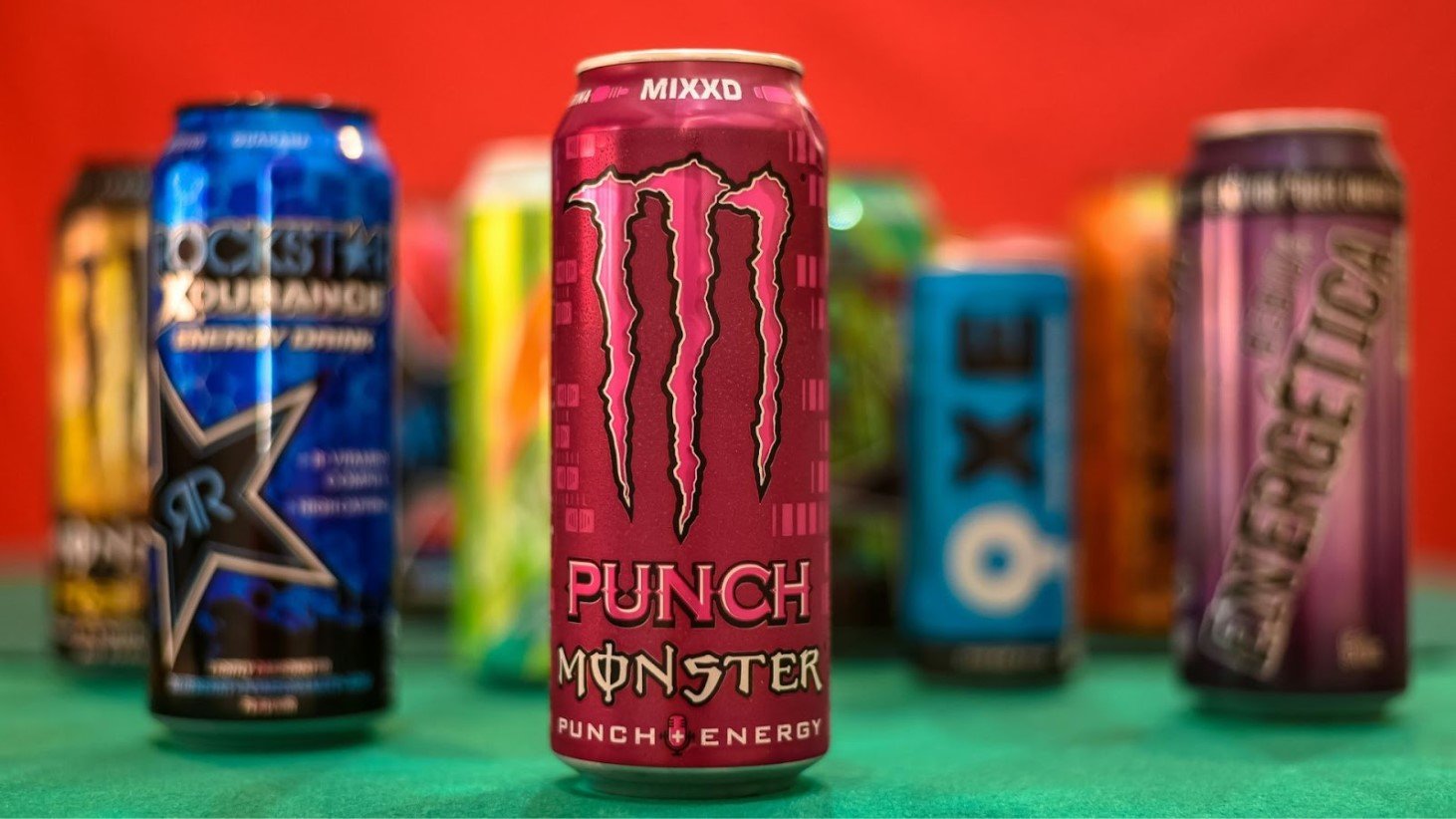
Source: Jorge Franganillo/Unsplash
Despite the lack of specific brand names in the study, this finding raises concerns about the popularity of these drinks among young British children.
Healthcare Bodies Call for Government Action
ITV News reports that in response to the study, over 40 healthcare bodies in the UK, including the Royal College of Pediatrics and Child Health, the British Diabetic Association, and the British Dental Association, have signed a letter to the government.
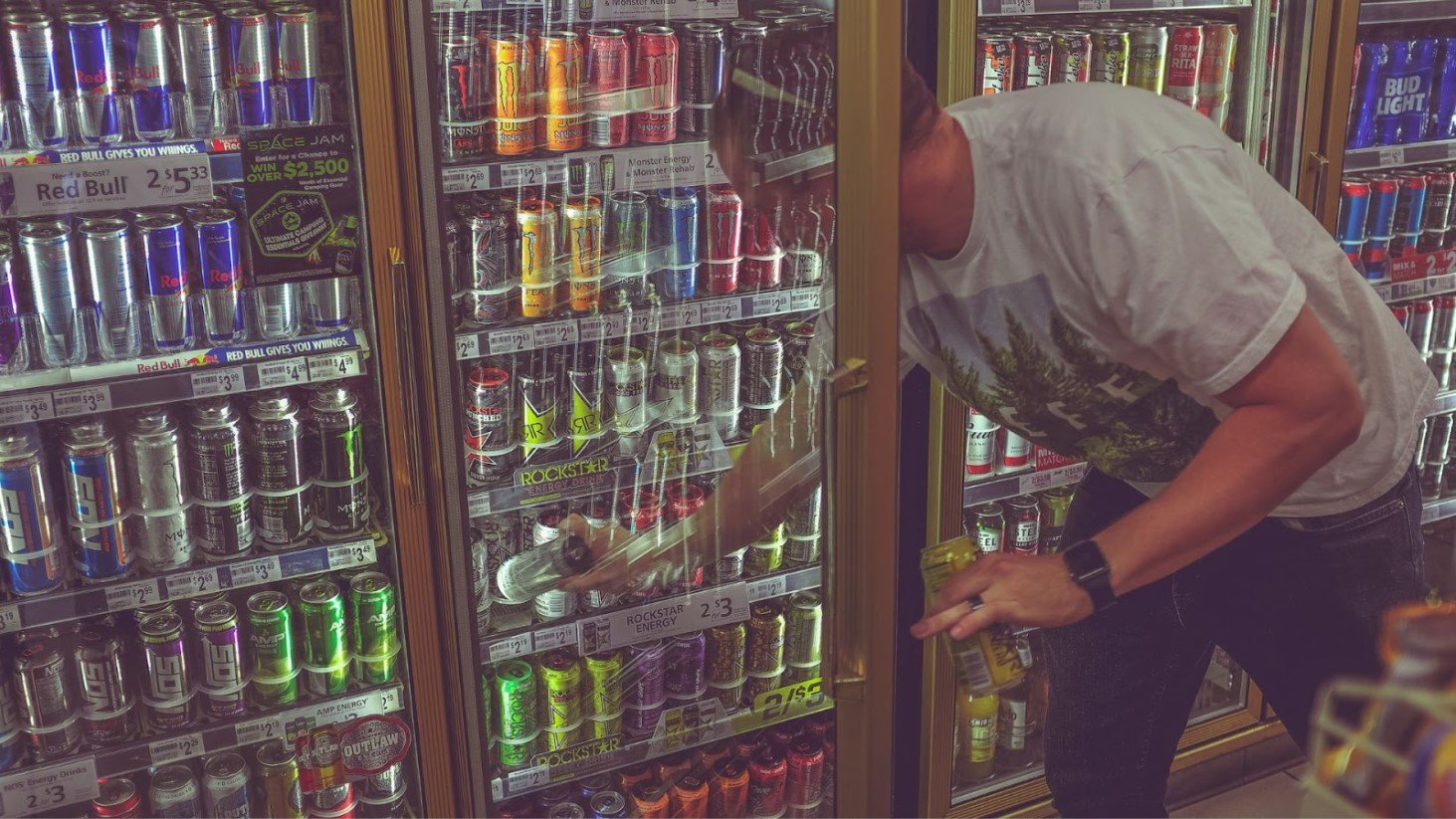
Source: Kenny Eliason/Unsplash
They demand the implementation of a national sales restriction on these harmful drinks to those under 16 years old. The letter states: “The effects of these drinks are more significant and broader than previously understood – in particular negative outcomes for children’s mental health in addition to physical health. How much more evidence is needed before the government [takes] action?”
Major UK Supermarkets Implement Under-16 Sales Ban
In 2018, major UK supermarkets like Tesco and Sainsbury’s took a significant step by banning the sale of energy drinks to children under 16, ITV News reports.
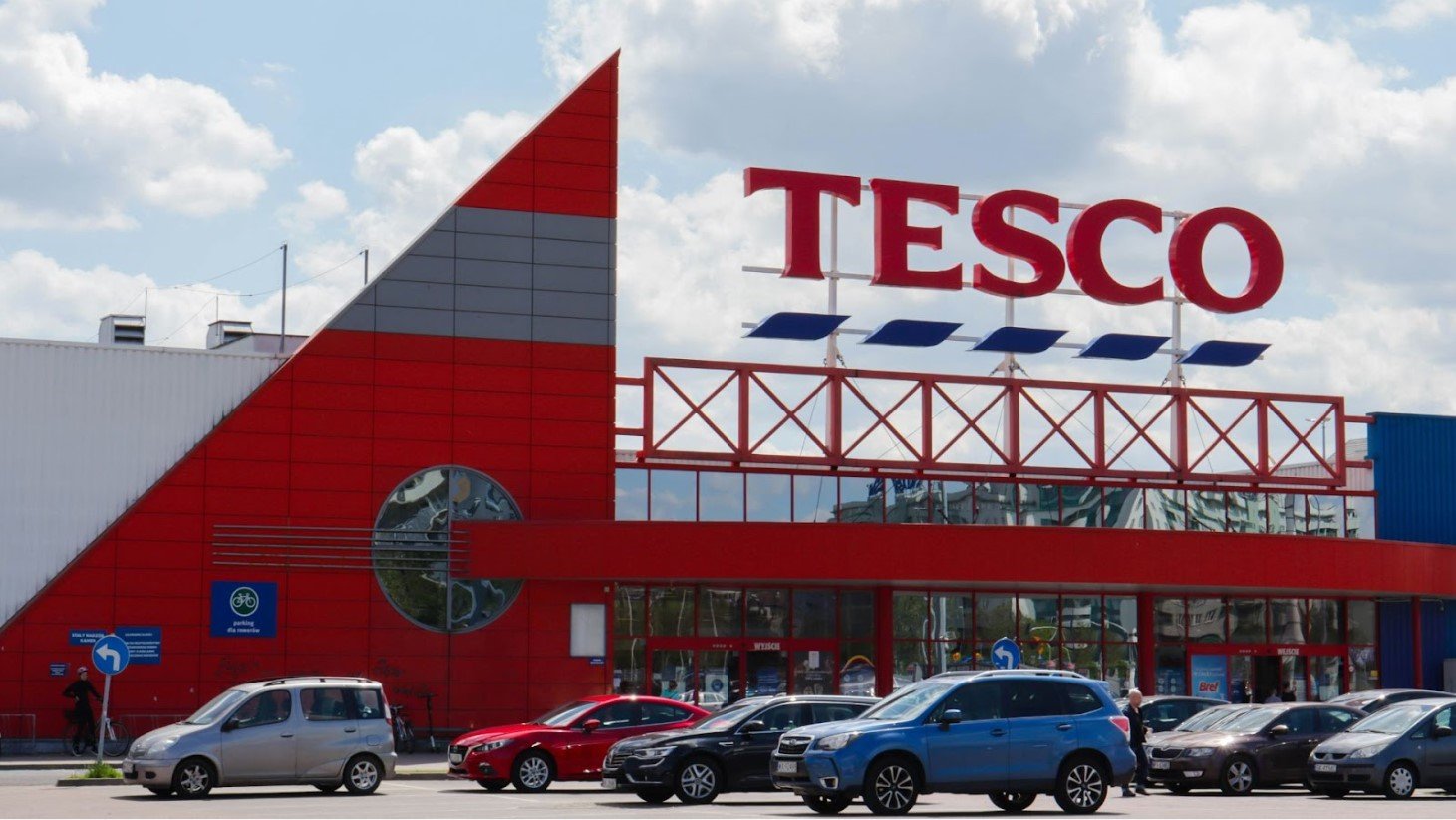
Source: Shashank Verma/Unsplash
However, experts argue that supermarket bans and warning labels are insufficient to prevent children from purchasing these increasingly popular drinks, which are still available in local shops.
Parental Concerns Over Energy Drink Sales to Children
ITV News spoke to Adelle Overd, a concerned parent, who confronted a local corner shop for selling an energy drink to her 12-year-old daughter, Freya.
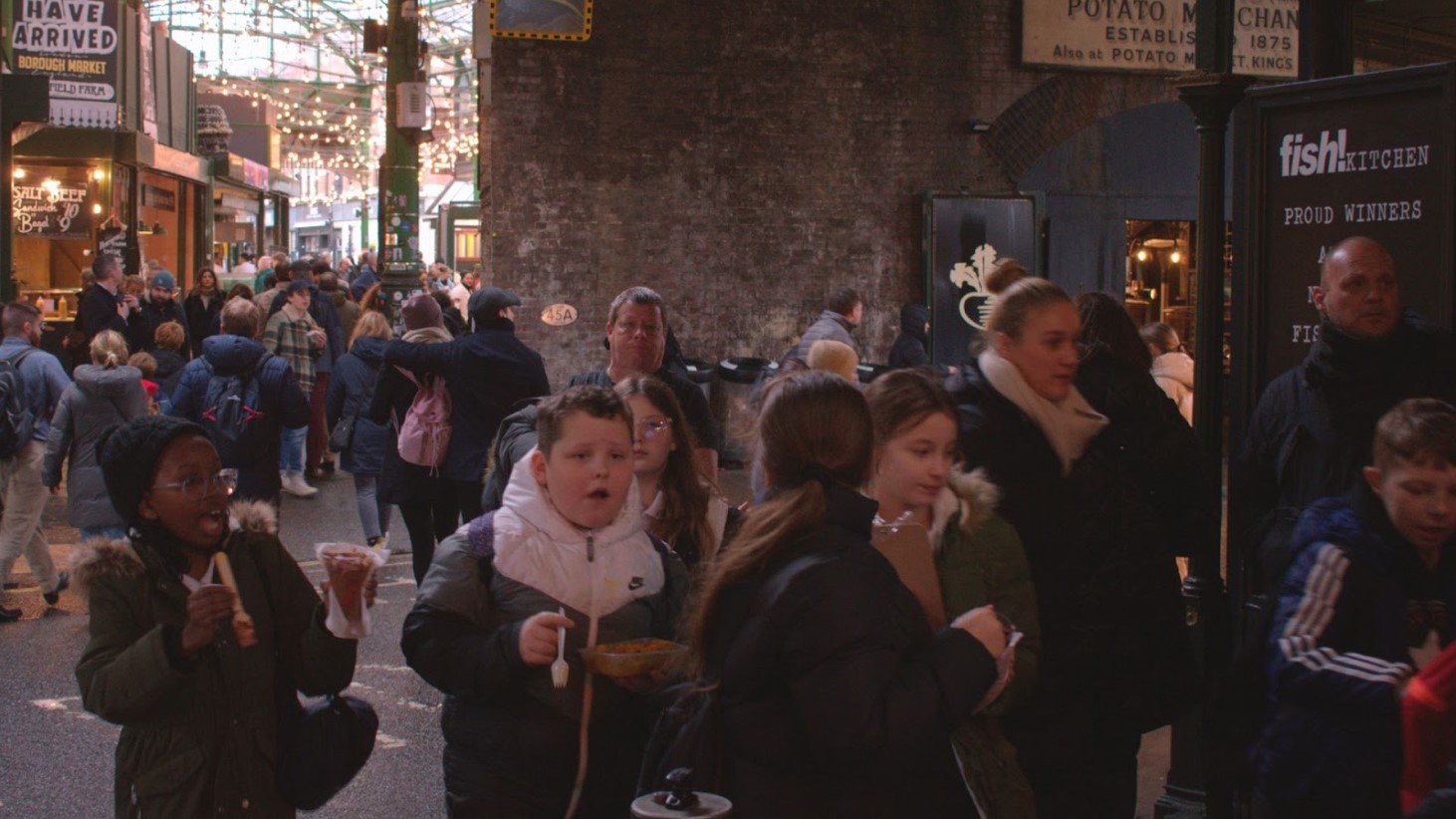
Source: Luke Ow/Unsplash
She expressed her fear and anger, stating, “I was fuming, but scared. I think that was another reason why I was so angry with them, thinking what have they potentially just done to my daughter.” The shop owner responded that they had “a business to run and if your daughter brings me money in, I will gladly sell her this energy drink.”
Confusion Over Energy Drink Labeling
Professor Amelia Lake, from Fuse, Teesside University, pointed out the confusion surrounding the labeling of energy drinks.
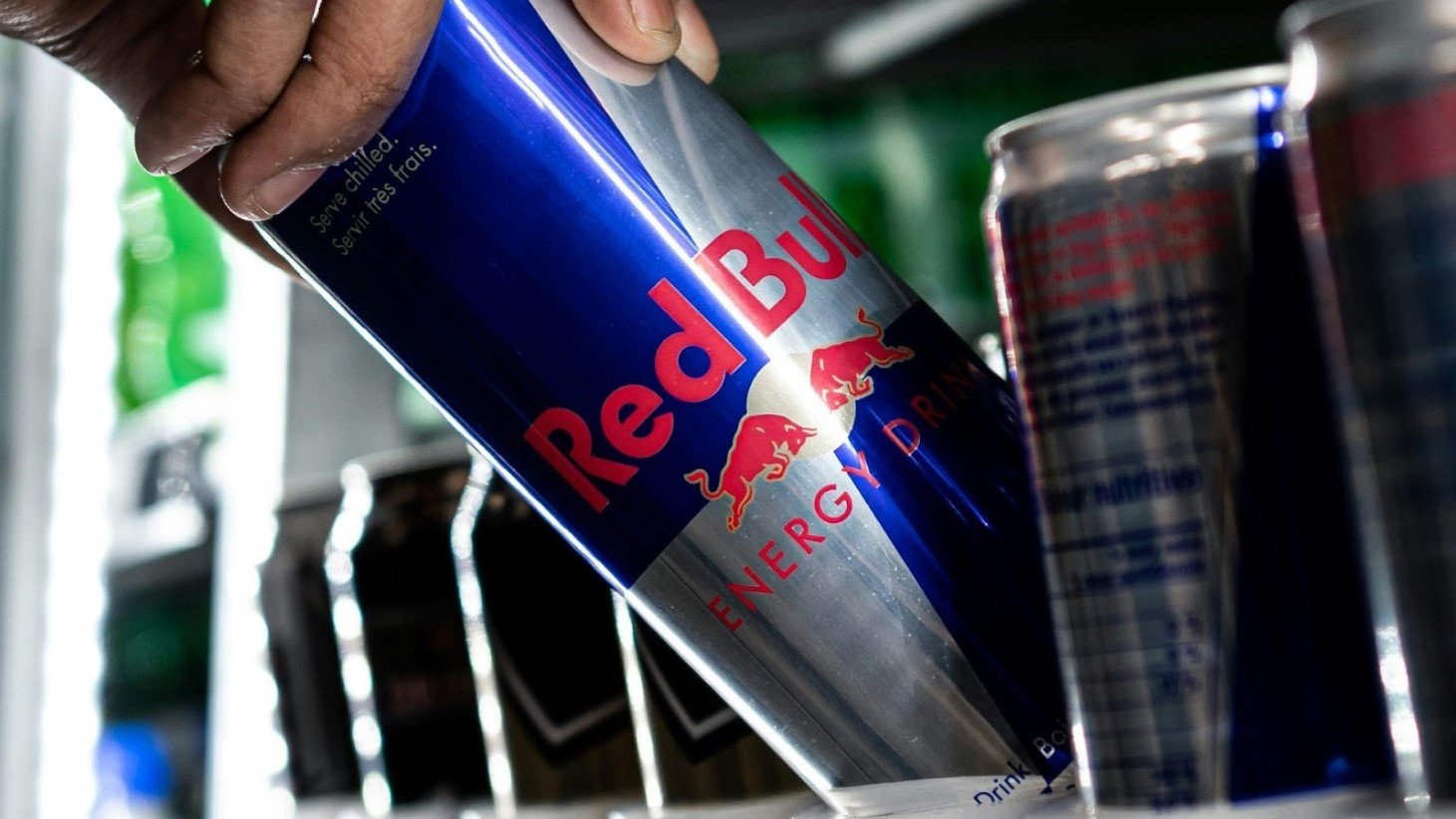
Source: Wells Chan
She told ITV News: “If parents look at these cans, the cans will say on them that they are not suitable for children. But I think that there is a lot of confusion around whether they are or they are not suitable for children and it is very clear that they are not.”
Schools Taking Action Against Energy Drinks
Schools have also started to address this issue. Whitstable Junior School in Kent, England, for example, has banned energy drinks from school grounds.

Source: Max Fischer/Pexels
Headteacher Sarah Kent spoke to ITV News about the negative impact of these drinks on students as young as nine, who saw them as health drinks rather than energy drinks. She observed that children consuming these drinks had difficulty concentrating in class and regulating their emotions, and many experienced sleep problems.
Aggressive Marketing of Energy Drinks
According to ITV News, energy drink brands have been increasingly targeting young people through various channels such as online advertisements, computer games, television, and sports sponsorships.
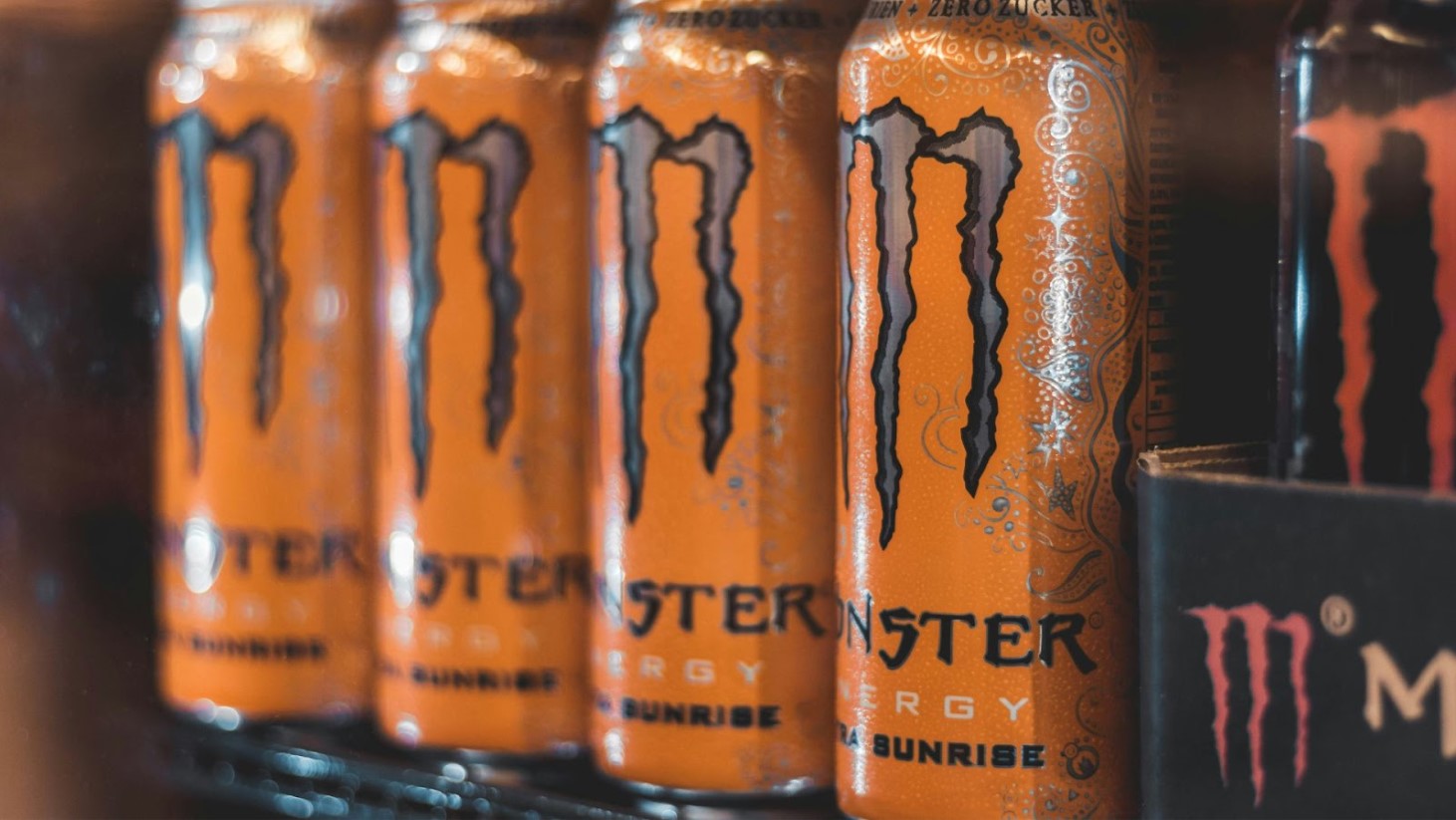
Source: Christian Wiediger/Unsplash
This marketing strategy has raised concerns about the influence of these brands on the choices and health of young consumers.
Concerns Over High Caffeine Content in Energy Drinks
The BBC reports that official guidelines from the European Food Safety Authority recommend a maximum caffeine intake of 3mg per kilogram of body weight, but energy drinks often exceed this limit.
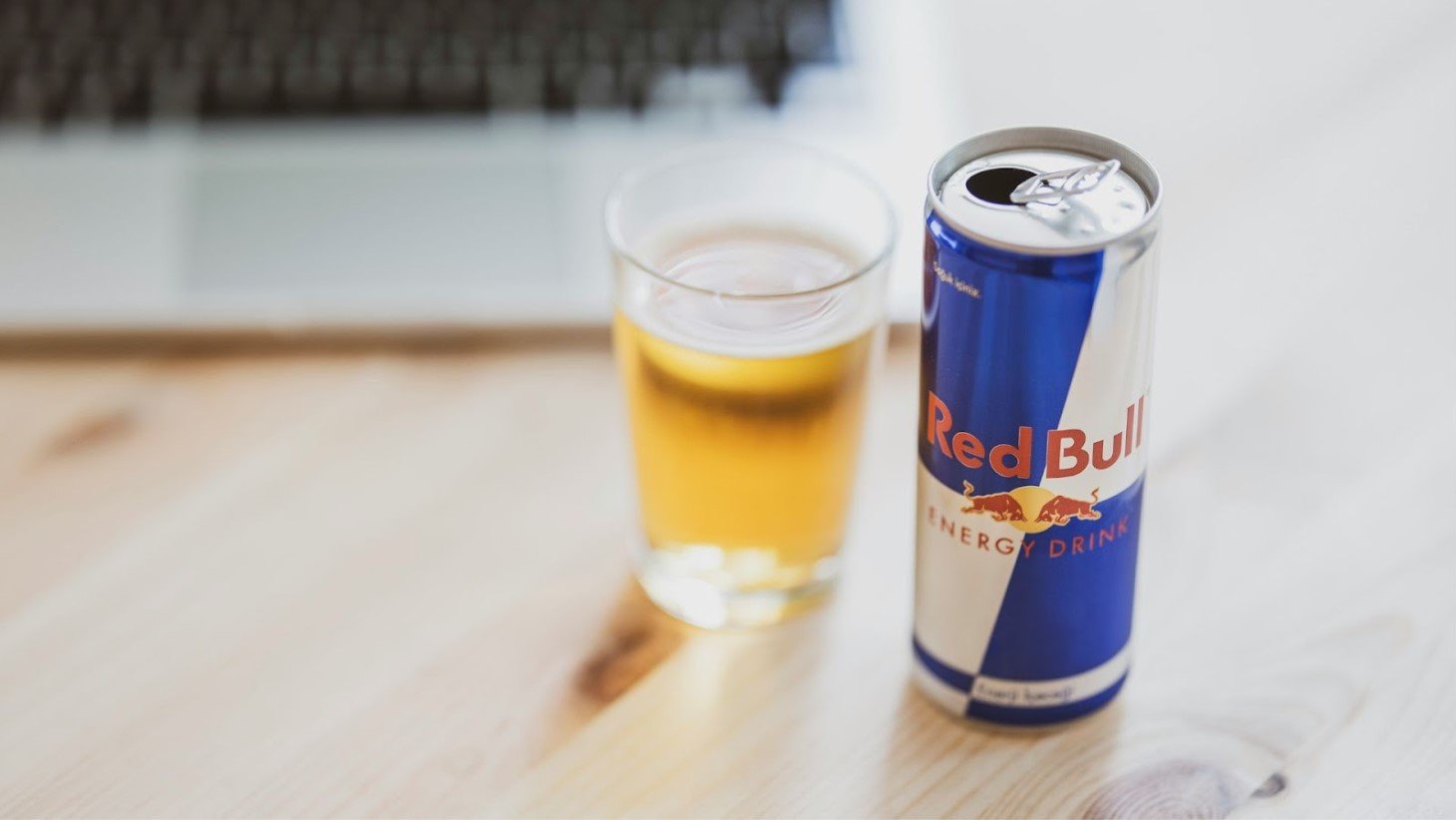
Source: engin akyurt/Unsplash
Dr. Amelia Lake warns, “It’s so easy for a young person to have that,” as some energy drinks contain caffeine equivalent to two espressos. Their high sugar content also poses risks to dental health and obesity.
BSDA's Stance on Energy Drink Marketing
The British Soft Drinks Association (BSDA) has a voluntary Code of Practice on energy drinks, introduced in 2010.
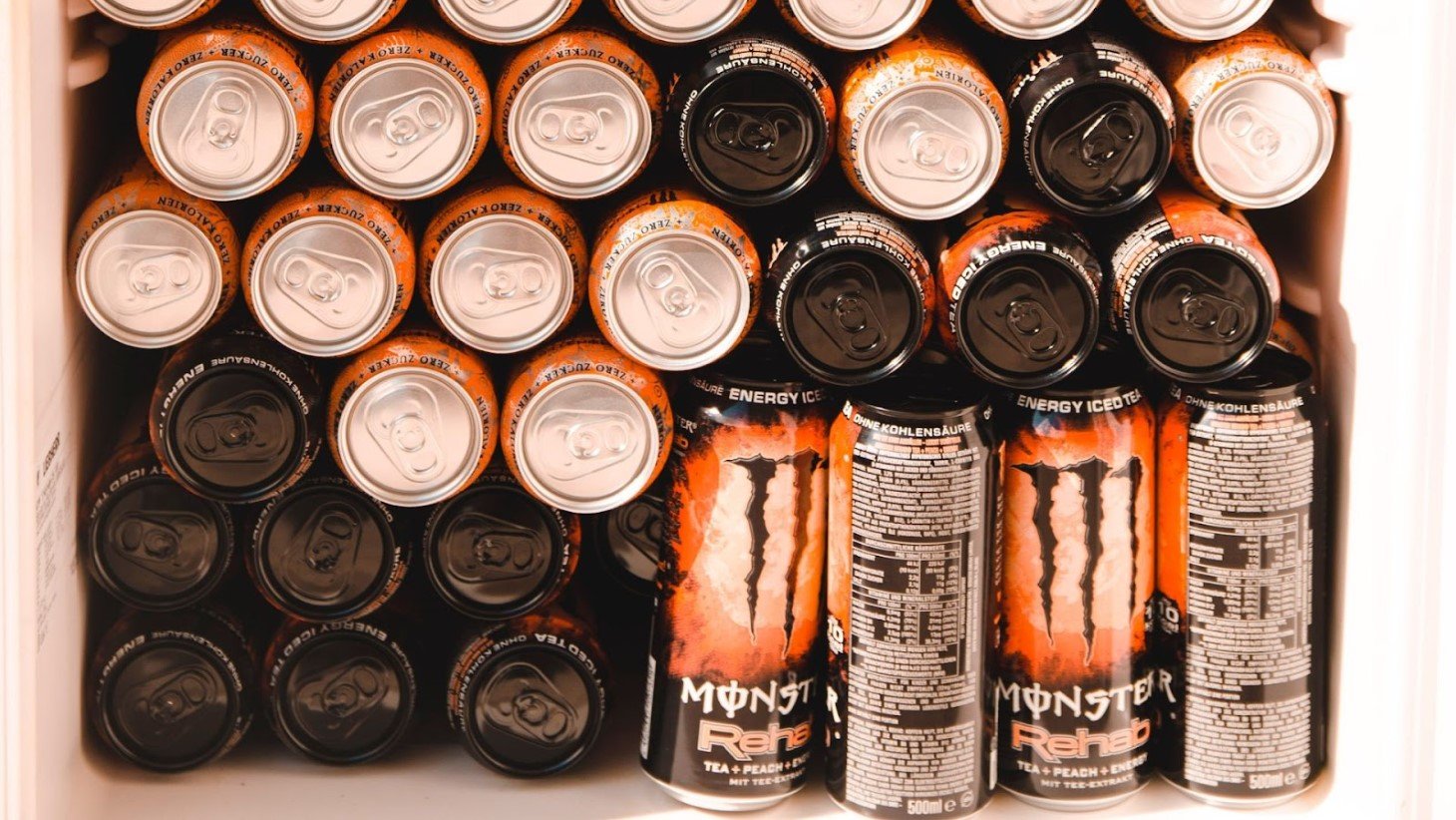
Source: Kilian Seiler/Unsplash
ITV News details that Gavin Partington, Director General of BSDA, stated, “BSDA members do not market or promote energy drinks to under-16s, nor do they sample products with this age group. In addition, our members’ energy drinks carry an advisory note stating ‘not recommended for children’. BSDA members remain committed to supporting the responsible sale of energy drinks.”
Calls for Comprehensive Ban on Energy Drink Sales to Children
The review into the effects of energy drinks on health calls for a complete ban on their sale to young people and children in the UK. It found links to more risks than previously thought, such as anxiety, stress, and suicidal thoughts, as reported by The BBC.
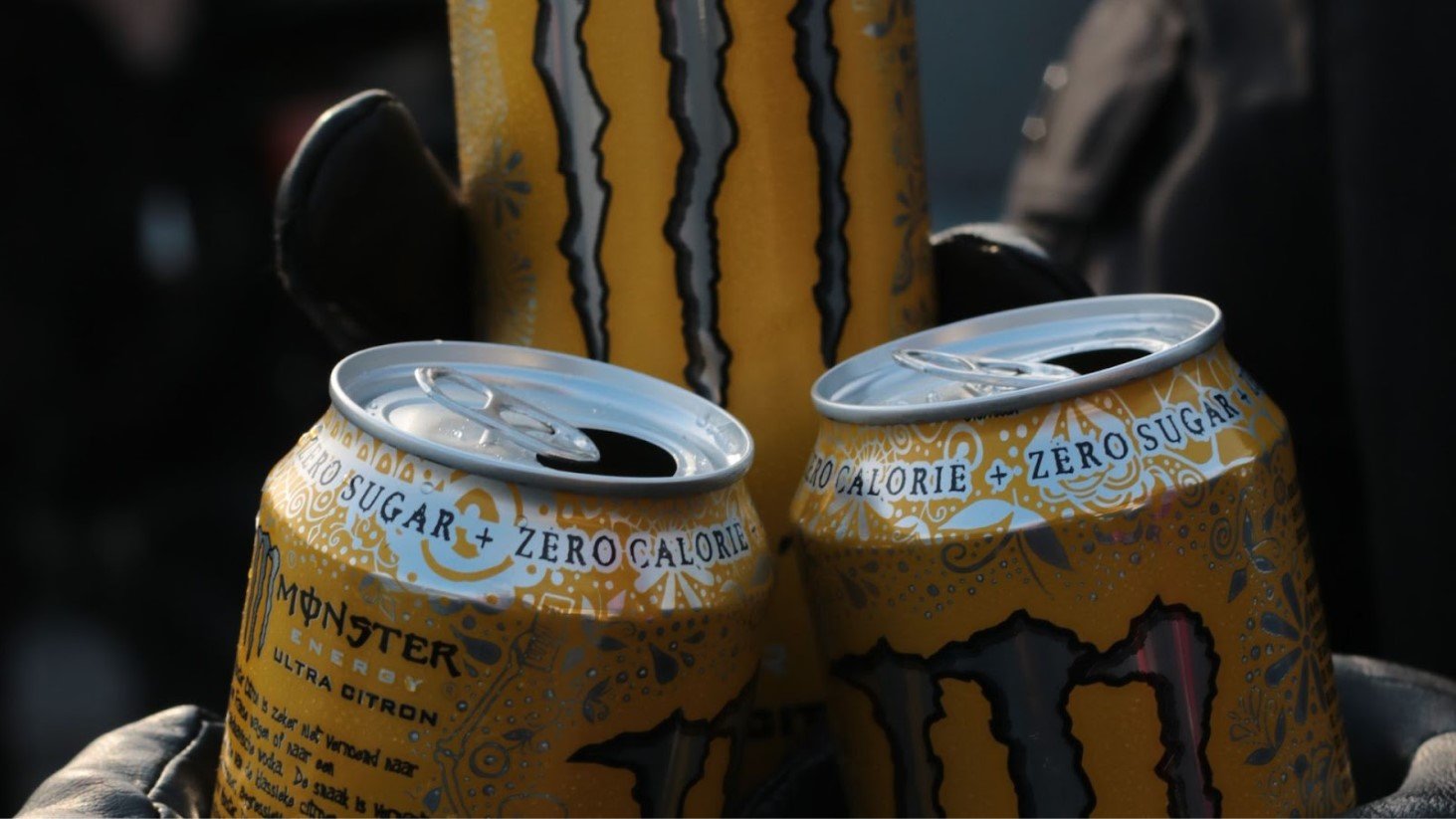
Source: Nathan Gubler/Unsplash
Despite most UK supermarkets having a voluntary ban on the sale of energy drinks to under-16s, the review proposes extending this ban to smaller shops, online retailers, and vending machines. Health ministers in England have stated they will respond to these findings in due course.
